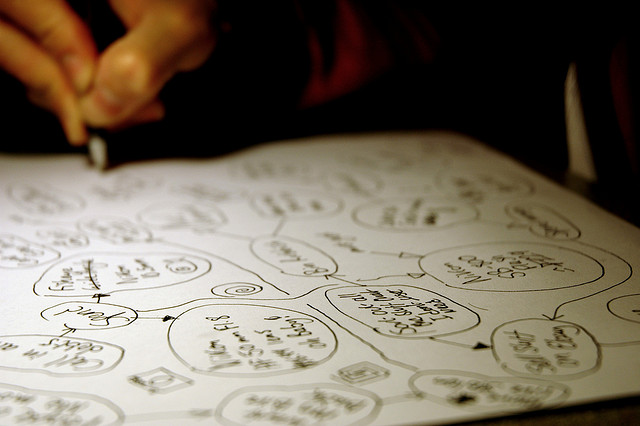
Journaling is a very simple activity, but researchers are finding an increasing number of positive health benefits to writing our experiences out on paper. You don’t need anything fancy to begin—all you really need is a pencil and paper, and you’re on your way to becoming a great journaler. If you’re wondering what to expect, here are some of the benefits to journaling.
Expressing Ourselves
If you have lots of emotions and thoughts swirling through your head, try writing them out. You can start anywhere you like, and the jumbled pieces will start to unravel on the paper. Try not to edit and just let the words come out as they do, and don’t be ashamed of anything you’ve written.
The process of journaling is something we can do to help ourselves when we’re feeling stressed out, anxious, or just need to figure some things out. No one will ever have to read it—not even you. But the exercise of taking the time to write out every word helps us to slow down our thought process, and what’s truly bothering us will eventually be revealed.
Learning About Ourselves
We can learn a lot about ourselves through journaling. If done regularly, you will start to see patterns in different entries—maybe there is somebody from your life who is proving toxic, or maybe the same problem keeps arising but you’re able to figure out how to fix it. Journaling is a very independent, personal activity that lets us connect with ourselves and our thoughts. Don’t be afraid to learn new things about yourself.
Image Jason Rogers
Getting Creative
You don’t have to be an award-winning writer to journal, but here’s a chance to explore your creative side a little. Try writing your next entry as a poem, or start every sentence with the same first few words. This will get your brain moving in ways it hasn’t in a while and allow you tap into all your resources. Plus, you might learn you’re actually a really great poet!
Learning How To Fix Wrongs
Journaling can serve as a reminder to not make the same mistake twice. Your journal is physical evidence of your past, and it is there for you to learn from. If you’re facing a similar problem today as you did three months ago, flip back through the pages to see how you handled the conflict and what you can do differently this time. There is always a chance to learn from ourselves.
The best results come from regular journaling. Make it part of your daily routine to write about your day, perhaps before you go to sleep or right after dinner. Once you get into the habit, you’ll start to see changes in how you understand yourself and your routine.
Feature image Unsplash



